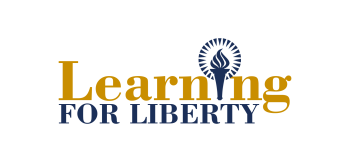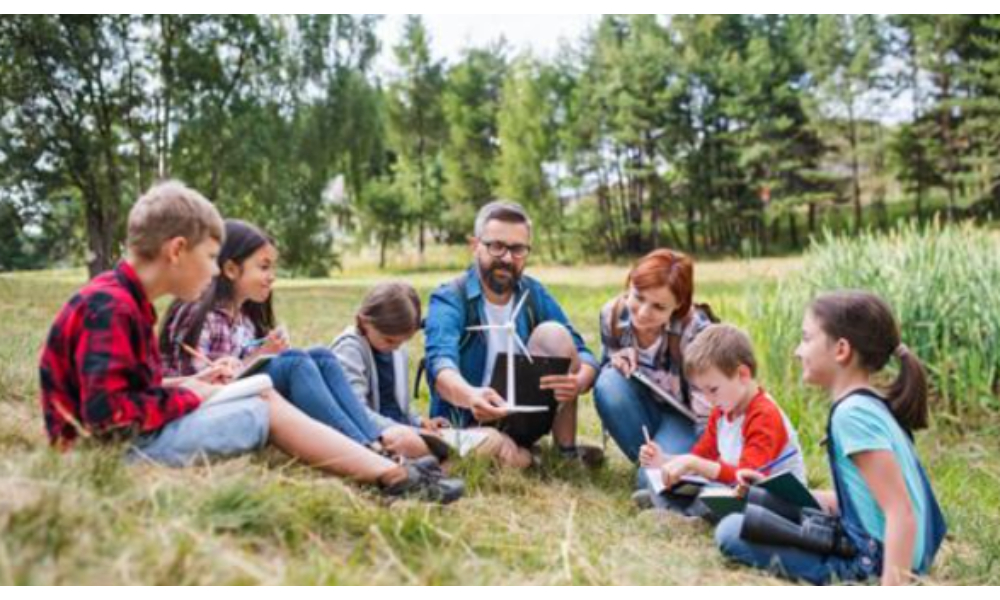Early childhood is a time of rapid growth—physically, socially, emotionally, and cognitively. While traditional classroom settings offer valuable structure and routine, stepping outside into nature provides something uniquely powerful: space to move, explore, imagine, and connect.
Outdoor learning is more than just playtime on a sunny day. It’s an essential part of a well-rounded early childhood education. Through nature, movement, and hands-on exploration, young children develop foundational skills that will serve them long into the future.
Why Outdoor Learning Matters
For young children, learning isn’t just about memorizing shapes or counting to ten. It’s about making sense of the world around them—and outdoor environments offer a natural stage for that discovery.
In open, unstructured outdoor spaces, children are encouraged to:
- Observe and ask questions
- Try, fail, and try again
- Use all five senses
- Move their bodies freely
- Interact with changing elements—like weather, light, and textures
This type of active, sensory-rich learning helps strengthen brain development, creativity, and resilience.
Physical Development Through Movement
One of the most obvious benefits of outdoor learning is physical development. Running, jumping, climbing, balancing, digging—these aren’t just fun activities; they’re key to building coordination, motor skills, and body awareness.
Natural settings often present challenges that indoor environments can’t replicate. A slightly uneven path teaches balance. A tree stump becomes a climbing goal. Carrying a heavy bucket of water builds muscle and persistence.
And let’s not forget the health benefits: fresh air, sunshine (and vitamin D), and a chance to burn energy all contribute to overall well-being.
Social and Emotional Growth
Outdoors, children tend to engage in more cooperative and imaginative play. They work together to build forts, create games, and solve problems in real time. These moments naturally build communication, patience, and empathy.
When children explore in groups, they learn to share materials, take turns, negotiate roles, and resolve small conflicts—all vital social skills. And because the space is less structured, there’s more freedom to express emotions, take healthy risks, and build confidence.
For children who may feel overwhelmed by the noise or formality of indoor classrooms, the outdoors can offer a calming, pressure-free environment where they can thrive at their own pace.
Hands-On Learning That Sticks
Nature is full of opportunities for meaningful, hands-on learning.
- A walk through the garden becomes a lesson in plant life cycles.
- Collecting rocks can turn into an early math activity—sorting, counting, comparing.
- Watching a caterpillar crawl sparks curiosity about insects and habitats.
- Building with sticks and mud teaches problem-solving and design.
Because these experiences are rooted in real-world exploration, they often lead to stronger memory retention and deeper understanding. Children learn best when they’re engaged—and the outdoors provides endless material to keep their minds active and curious.
Building a Lifelong Connection to Nature
Introducing outdoor learning at an early age doesn’t just benefit development—it helps children form a lifelong bond with nature. When they feel connected to the environment, they’re more likely to respect and care for it as they grow.
This connection also fosters mindfulness and mental clarity. Studies have shown that time in nature can reduce stress and improve focus—even in very young children.
Final Thoughts
Outdoor learning is a powerful, natural complement to early childhood education. It supports physical, emotional, and cognitive development in ways that indoor settings alone can’t always provide.
Whether it’s gardening, exploring a trail, playing in the sand, or simply watching clouds drift by, time outdoors gives children the freedom to move, imagine, and learn in their own way.
For families and educators alike, embracing outdoor experiences is one of the most valuable investments in a child’s early growth.
This post was written by a professional at Baby Fox Academy of Florida. Baby Fox Academy, Vpk schools Sarasota, FL is your premier choice for high-quality early childhood education, blending structured learning with the magic of play. Owned and operated by Laurie and Matt McCracken, Baby Fox Academy benefits from Laurie’s 25+ years of experience in early childhood education. Our play-based curriculum supports every child’s growth, balancing indoor and outdoor activities that build fine motor skills, creativity, language, and independence. With engaging tools like puzzles, dramatic play, and art, children develop essential skills while exploring their world. Parents can check in anytime via secure “Trail Cams” through WatchMeGrow, giving peace of mind while children learn, play, and grow. At Baby Fox Academy, your “baby fox” will thrive in a nurturing environment designed to inspire a lifelong love of learning

